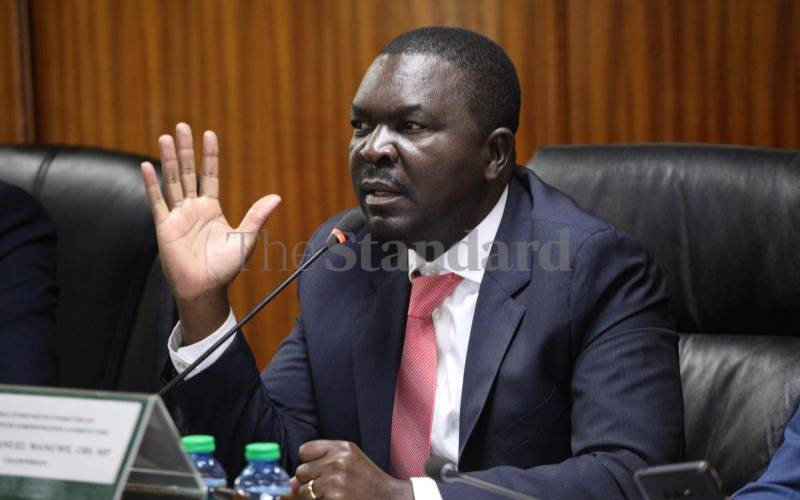×
The Standard e-Paper
Fearless, Trusted News

When asked what is ailing the sugar sector, President William Ruto, who was speaking from State House last month, had a straight answer: "Confusion".
This confusion is likely what informed the Jude Chesire-led sugar directorate at the Agriculture and Food Authority (AFA) to draft a policy titled 'Revitalization of the Sugar Industry' to the Cabinet early this year.